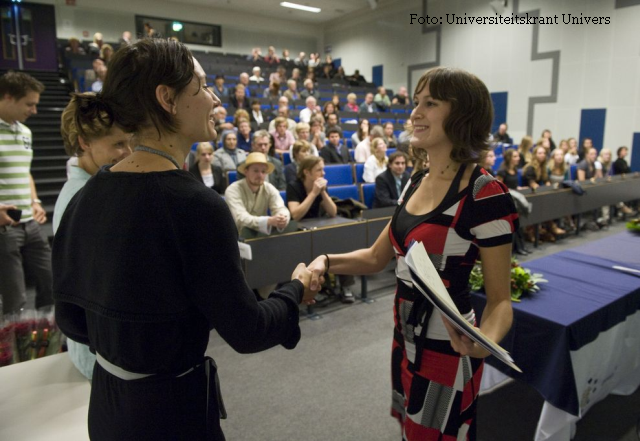Young people and the job market
While the economic crisis seems to be over, youth unemployment remains a problem.

Christine Leșcu, 25.11.2015, 14:11
Many countries in the European Union are faced with the
problem of youth unemployment, and going to university does not guarantee a job
for young graduates. More than one third, of Romania’s young graduates aged
between 20 and 34 have not managed to find a job in the first three years after
graduation, according to data provided by Eurostat, the European Commission’s
statistics bureau. A journalist working for the Ziarul Financiar financial
paper, Adelina Mihai has made a comparison between the situation in Romania and
that in other European Union states:
Romania has some of
the highest youth unemployment rates, but not the highest in the Union. Things
are worse in Bulgaria, Spain, Croatia, Italy and Greece, countries that have
been harder hit by the crisis.
While youth unemployment, including among university
graduates has many deep and complex causes, the more immediate ones are easy to
identify. A human resources manager working for a private company, Camelia
Slivneanu told us about an employer’s expectations when interviewing young
persons for a job:
Their attitude is very important. We also look at
what they wear for the job interview, but are also interested in their
self-awareness skills. Many young people don’t know how to promote some of
their skills and abilities that would compensate for their lack of professional
experience. As employers. we’re also interested in their patience in learning a
new trade.
Also, many young
people are not sure what they want to do when they graduate. Adelina Mihai once
again:
Employers say career counselling programmes should
be provided for in schools to guide young people towards study areas that would
help them find a job easier after graduation. Employers have also criticised,
for example, the existence of too many programmes for European Studies, given
that foreign language and IT programmes are in higher demand on the employment
market. A job applicant’s volunteer experience is also welcomed by employers in
the case of a person without much job experience. Any such activity is a plus.
Career counselling programmes consist of meetings between human resources
specialists and pupils in their final years of gymnasium and high school. This
is a crucial time for pupils as they have to choose between the humanities and
science, in the case of the former, or to decide which university they wish to
go to in the case of the latter.
Many employers do not
agree with the Eurostat statistics. Camelia Slivneanu explains:
We hire at least 3 out of 6 or 7 young graduates
applying for a job. So the employment rate in the case of young people is at
around 50% in my company. From what I know from my colleagues in the field,
about 65% of the people they hire are from among young graduates or even
students. We stay in close contact with universities and often advertise new
jobs there. From what we have seen ourselves, the percentage of students in
their final years of university and MA students who get hired is even higher,
at 70%.
It should be said, however, that the job market is
better for young people in Bucharest and a few other big cities, where the
country’s main economic activities are concentrated. Camelia Slivneanu:
There is a major difference in terms of employment
rates for young graduates between the rural areas and the urban areas. An
increasing number of graduates living in the countryside move to towns to find
jobs. I must admit that Bucharest is an attraction for most graduates. The west
of Romania is also an attraction because an increasing number of foreign
investors have opened businesses there, particularly call centres.
However, the official figures refer to the employment
of young graduates for jobs compatible with their academic training. The lack
of such jobs is one of the problems. There seems to be a vicious circle in
place. Employers blame the lack of job experience, but then young graduates
cannot acquire such experience while in school. The existence of this vicious
circle is confirmed by human resources experts. Camelia Slivneanu:
I must admit that the blame should be shared by
employers or the recruitment staff and the job applicants. As an employer, you
shouldn’t select for a job interview a young person with no experience if the
job you’re advertising requires professional experience. And, as a job seeker,
you shouldn’t apply for a job that requires experience. If we don’t take into
account these two factors, we will be stuck in this vicious circle and both
parties will be frustrated: employers, as well as young people, who will grow
more and more demotivated.
Statistics also say that we have not yet returned to
the rates prior to the crisis. In 2014, the employment rate for young
university graduates in Romania stood at 66% compared with 85% in 2008, the
year with the highest youth employment rates in Romania’s recent past.






























